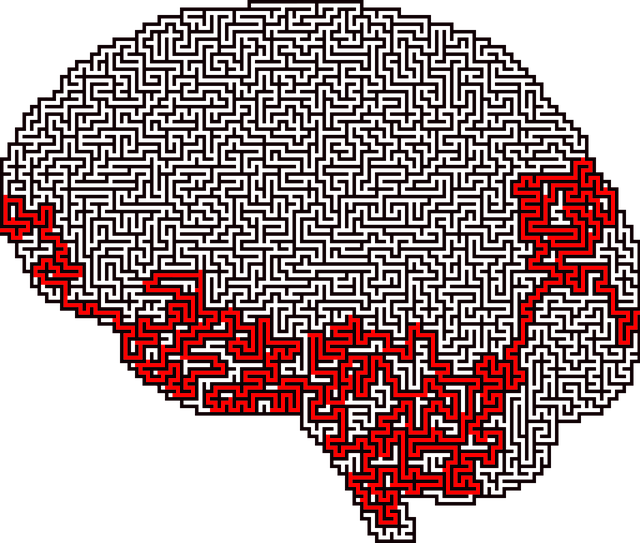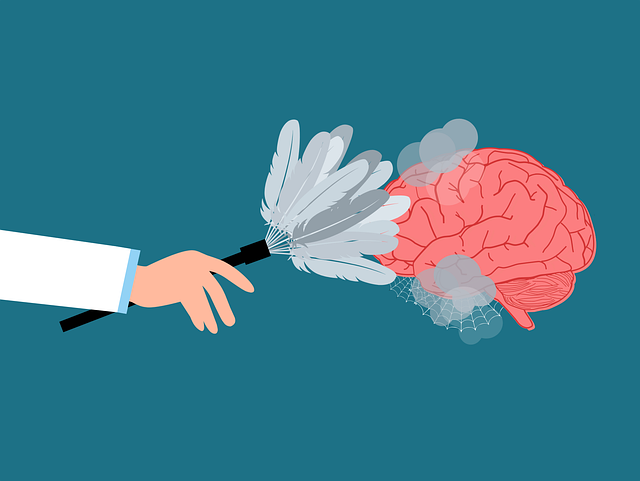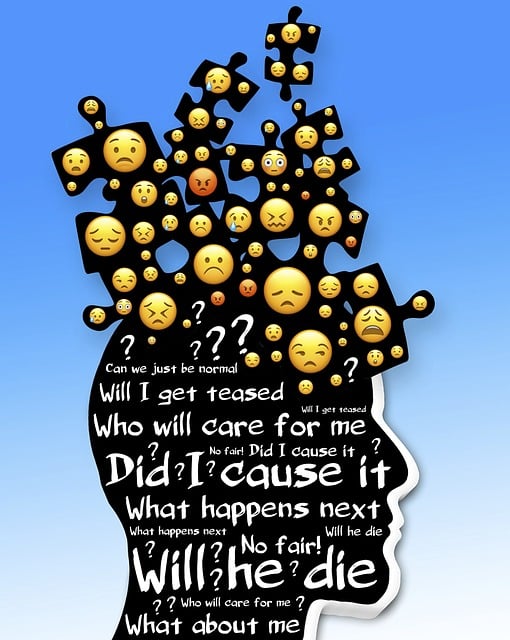Evaluating mental wellness programs for young children with dissociative disorder requires a multi-faceted approach combining quantitative assessments (standardized tools), qualitative observations, and self-report measures. Key components include anxiety/depression evaluations, emotional well-being promotion, and therapies like play therapy or CBT. Effectiveness is measured through pre-post assessments and long-term follow-ups. Parental feedback is crucial for tailoring interventions and identifying unique challenges, fostering supportive environments for recovery in young clients with dissociative disorders.
Mental wellness programs for young children with dissociative disorder require rigorous evaluation to ensure effectiveness. This article delves into best practices, exploring standard metrics like symptom reduction and parental feedback, along with innovative approaches such as child-centric assessments and longitudinal tracking. We also discuss the value of qualitative data through interviews and focus groups, highlighting how these methods uncover nuanced insights into therapy success for young children navigating dissociative disorder.
Keywords: Therapy for Young Children Dissociative Disorder, Mental Wellness Program Evaluation, Longitudinal Tracking, Qualitative Data Analysis
- Assessing the Efficacy of Mental Wellness Programs for Young Children with Dissociative Disorder
- – Discussion on standard evaluation metrics
- – The role of parental/caregiver feedback and observation
Assessing the Efficacy of Mental Wellness Programs for Young Children with Dissociative Disorder

Evaluating the efficacy of mental wellness programs designed for young children with dissociative disorder is a multifaceted process. This involves assessing improvements in symptoms, behavioral changes, and overall functioning. Standardized assessment tools tailored for pediatric populations can measure anxiety, depression, trauma symptoms, and dissociation levels before and after therapy. Observational methods, including direct interactions and play therapy sessions, provide qualitative insights into the child’s emotional healing processes.
Additionally, incorporating practices like mindfulness meditation into these programs warrants assessment through self-report measures or observer ratings. These techniques can gauge the child’s ability to regulate emotions and maintain focus. Moreover, risk management planning for mental health professionals is crucial; it involves monitoring potential triggers, implementing safety strategies, and documenting progress to ensure a holistic approach to treating young children with dissociative disorder.
– Discussion on standard evaluation metrics

When evaluating mental wellness programs, particularly those designed for young children with dissociative disorders, it’s crucial to assess a range of standard evaluation metrics. These include measures of anxiety and depression symptoms, as well as emotional well-being promotion techniques. Therapies like play therapy or cognitive behavioral therapy (CBT) can significantly impact a child’s inner strength development and confidence boosting.
Program effectiveness should be gauged through pre-post assessments and long-term follow-ups to understand the sustainability of positive outcomes. Observational measures, participant self-reports, and parental feedback are all valuable tools in this process. These methods collectively help professionals tailor interventions, ensuring they align with the unique needs of each child, fostering their emotional well-being and overall mental health recovery.
– The role of parental/caregiver feedback and observation

Parental or caregiver feedback is a valuable component in evaluating mental wellness programs designed for young children, especially those suffering from dissociative disorders. Parents and caregivers are on the front line, observing their child’s behavior, emotions, and interactions on a daily basis, which provides unique insights into their progress. Their feedback can offer a nuanced perspective on how therapy sessions translate to real-life improvements. By integrating this input, mental health professionals can tailor interventions to better address individual needs, ensuring that treatment aligns with the child’s experiences at home.
This method of evaluation goes beyond traditional measures and provides a holistic view of the child’s well-being. Parental feedback assists in identifying specific challenges or successes related to symptoms like detachment, memory lapses, or emotional regulation difficulties often associated with dissociative disorders. Incorporating such insights into a mental health policy analysis and advocacy framework can lead to more effective conflict resolution techniques, fostering an environment that supports positive thinking and recovery for young clients.
Evaluating the success of mental wellness programs for young children with dissociative disorder requires a multifaceted approach. While standard evaluation metrics provide essential data, incorporating parental or caregiver feedback and observation offers valuable insights into the program’s impact on both the child’s symptoms and overall well-being. By combining these methods, therapists can gain a comprehensive understanding of the efficacy of therapy for young children with dissociative disorder and tailor interventions to meet their unique needs.











